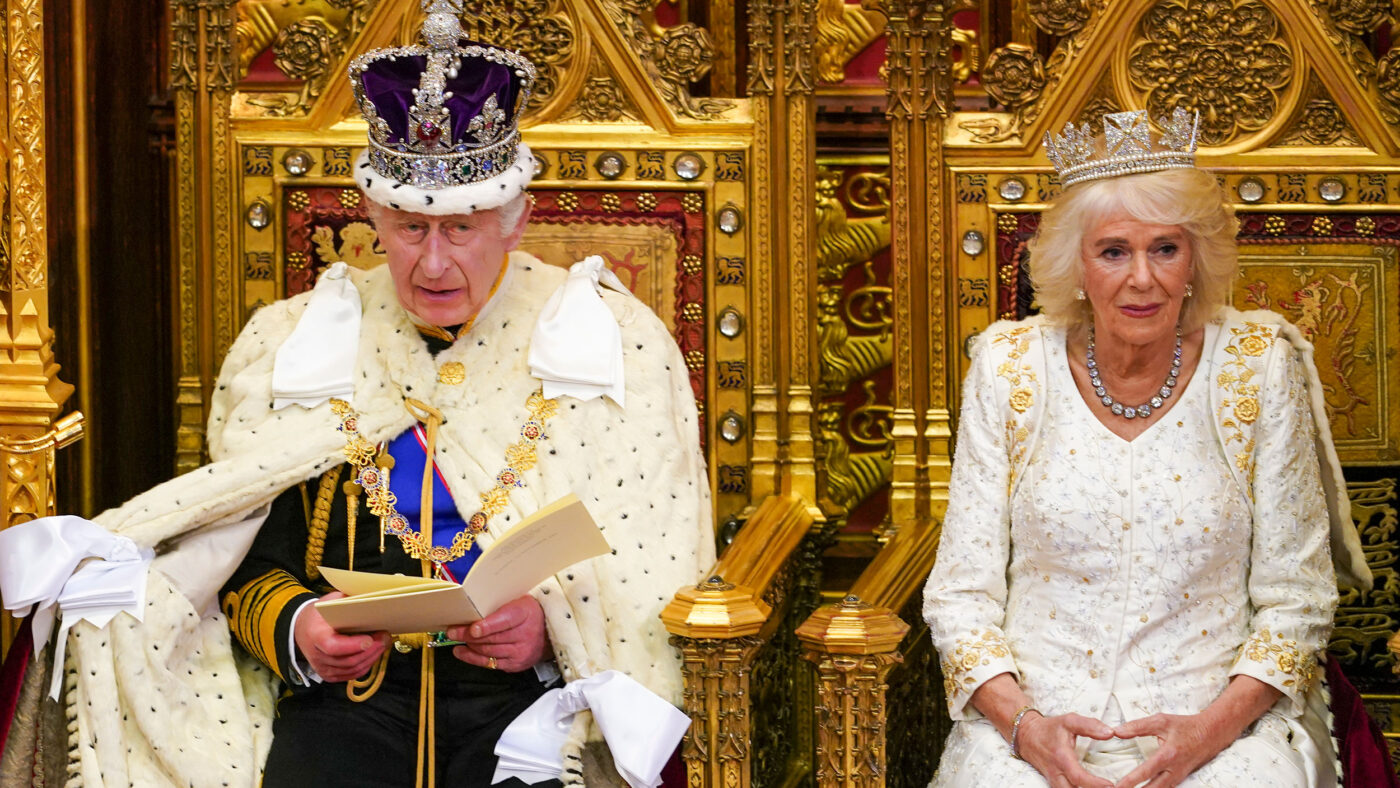Despite the Downfall-esque optimism of some of Rishi Sunak’s anonymous allies in Cabinet, today’s King’s Speech is almost certainly the last legislative programme he will deliver as Prime Minister. It was thus his final opportunity to show the country, and his party, why they should be at all excited about the prospect, however distant, of a fifth term of Conservative government, and another five years of his premiership.
Some previous prime ministers have taken their final tilt at the windmills as an excuse to be ambitious; Gordon Brown only passed the Equality Act during the washup as the curtains came down on New Labour. William Gladstone went even bolder: his final election campaign promised the abolition of Income Tax. (Alas, it was not enough.)
Given the extremely difficult circumstances in which Sunak entered Downing Street, those minded to give him the benefit of the doubt, myself included, have suggested that perhaps he simply hasn’t had the political space to define himself, so busy was he trying to stabilise the Government after the Truss débâcle.
But that story really ran out of road at Manchester. The Prime Minister started with some cogent analysis of the scale of the problem – that we’ve been making decisions badly for (at least) 30 years – but then followed that up with the thinnest of gruel.
The King’s Speech was, alas, more of the same. There are no surprises here, no rabbits plucked from hats, nothing to make anyone passingly familiar with the government sit up and take notice. And even with the apparently very narrow horizons of Sunak’s ambitions for the country, there wasn’t a lot of actual meat.
Like Boris Johnson before him, the Prime Minister has contrived a legislative agenda which sports quite a lot of bills when, taken together, don’t add up to all that much.
But more interesting than the bills that are there are the ones that aren’t. The version of the speech released by the government handily highlights which specific pieces of legislation are being referred to in each section.
It is thus easy to see where His Majesty is describing work ministers are actually undertaking, and where he is simply relaying platitudes – and some of the latter are extremely depressing. For example, there is nothing in bold and brackets following this:
‘My government will promote the integrity of the Union and strengthen the social fabric of the United Kingdom.’
Super, thanks Rishi. How will you do that? The most frustrating thing is that since projects in Scotland were included in the Prime Minister’s wish list for ‘Network North’, this would have been a prime opportunity to finally pass a Union Connectivity Bill, the legislation which was supposed to follow the Union Connectivity Review, completed only two years ago but already talked about as ancient history by parts of the Scottish Office.
Instead, we got this, for which there are no accompanying legislative notes:
‘Steps will be taken to ensure young people have the knowledge and skills to succeed, through the introduction of the Advanced British Standard that will bring technical and academic routes into a single qualification. Proposals will be implemented to reduce the number of young people studying poor quality university degrees and increase the number undertaking high quality apprenticeships.’
Perhaps that’s because the Prime Minister seems largely to have invented the Advanced British Standard for his conference speech, without wider consultation. It’s worth pointing out again that creating a single qualification for academic and vocational learning actually rolls back years of work by successive governments to create a distinct, creditable technical qualification – not only did Sunak scrap the Manchester leg of HS2 in Manchester, he scrapped the T Level in T Levels Week.
Nor is it obvious what the government plans to do to crack down on low-quality university courses, especially if it is simultaneously abolishing the new qualification designed to give people a non-academic pathway into skilled employment. But there you go.
And of course, the only mention of housing is some changes to leasehold and landlord regulation – there is nothing at all on childcare.
Having carefully evaded the important stuff, you can guess the flavour of the rest: narrowly technical where it isn’t counter-productive and or trivial, as in the case of yet more counter-terrorism burdens for entertainment venues and a crackdown on pedicabs respectively. Nothing that’s going to set the electorate’s imaginations alight in the manner needed to close a 20-point gap in the polls.
As I alluded to at the beginning, Sunak’s allies appear to be trying to tee up the idea that he should stay on as leader if the Conservatives lose the next election, on the basis that Labour might ‘implode’ and allow the Tories back into office sooner than most expect. Based on this King’s Speech though, one has to ask: why would they bother?
Click here to subscribe to our daily briefing – the best pieces from CapX and across the web.
CapX depends on the generosity of its readers. If you value what we do, please consider making a donation.


